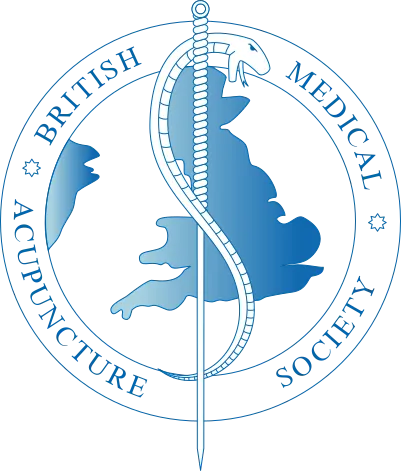Arthritis is a term used to describe a group of disorders characterized by inflammation and stiffness in the joints. It is a chronic condition that primarily affects the joints, although it can also impact other parts of the body, such as the muscles, tendons, and ligaments.
There are many different types of arthritis, but the most common ones include:
- Osteoarthritis (OA): This is the most prevalent form of arthritis and occurs when the protective cartilage that cushions the ends of bones wears down over time. It often affects the weight-bearing joints, such as the knees, hips, and spine.
- Rheumatoid arthritis (RA): This is an autoimmune disease where the immune system mistakenly attacks the lining of the joints, leading to inflammation. RA commonly affects the smaller joints, such as those in the hands and feet, and can cause pain, swelling, and deformity.
- Psoriatic arthritis: This type of arthritis develops in some individuals with psoriasis, a chronic skin condition. It causes joint inflammation, pain, and stiffness, often affecting the joints in the fingers and toes.
- Gout: Gout is caused by the accumulation of uric acid crystals in the joints, leading to sudden and severe pain, redness, and swelling, typically affecting the big toe. It is associated with a diet high in purines, found in certain foods and beverages.
The symptoms of arthritis can vary, but common signs include joint pain, swelling, stiffness, reduced range of motion, and warmth around the affected joints. Arthritis can have a significant impact on a person’s quality of life, making it difficult to perform daily activities and affecting mobility.
If you suspect you have arthritis or are experiencing joint-related symptoms, it is important to consult a healthcare professional for an accurate diagnosis and appropriate treatment options.
What can we do to help?
Physical therapy: Physical therapy can help improve joint mobility, strengthen muscles around the affected joints, and reduce pain. Therapists may use techniques such as exercise programs, massage, manual therapy, and acupuncture.
Steroid injections can also be effective in helping reduce the pain and inflammation caused by osteoarthritis.
Hyaluronic Acid Injections can be used to lubricate and cushion joints. In osteoarthritis, a common form of arthritis, joint fluid loses viscosity. Hyaluronic Acid (HA) injections supplement this fluid, reducing friction and easing pain. They may also mitigate inflammation. While not a cure, HA injections provide temporary relief, improving joint function and mobility. The treatment is minimally invasive and generally well-tolerated, making it an option for those seeking non-surgical interventions. However, individual responses vary, and consultation with your physiotherapist is crucial to determine the suitability of HA injections for specific arthritis cases.











